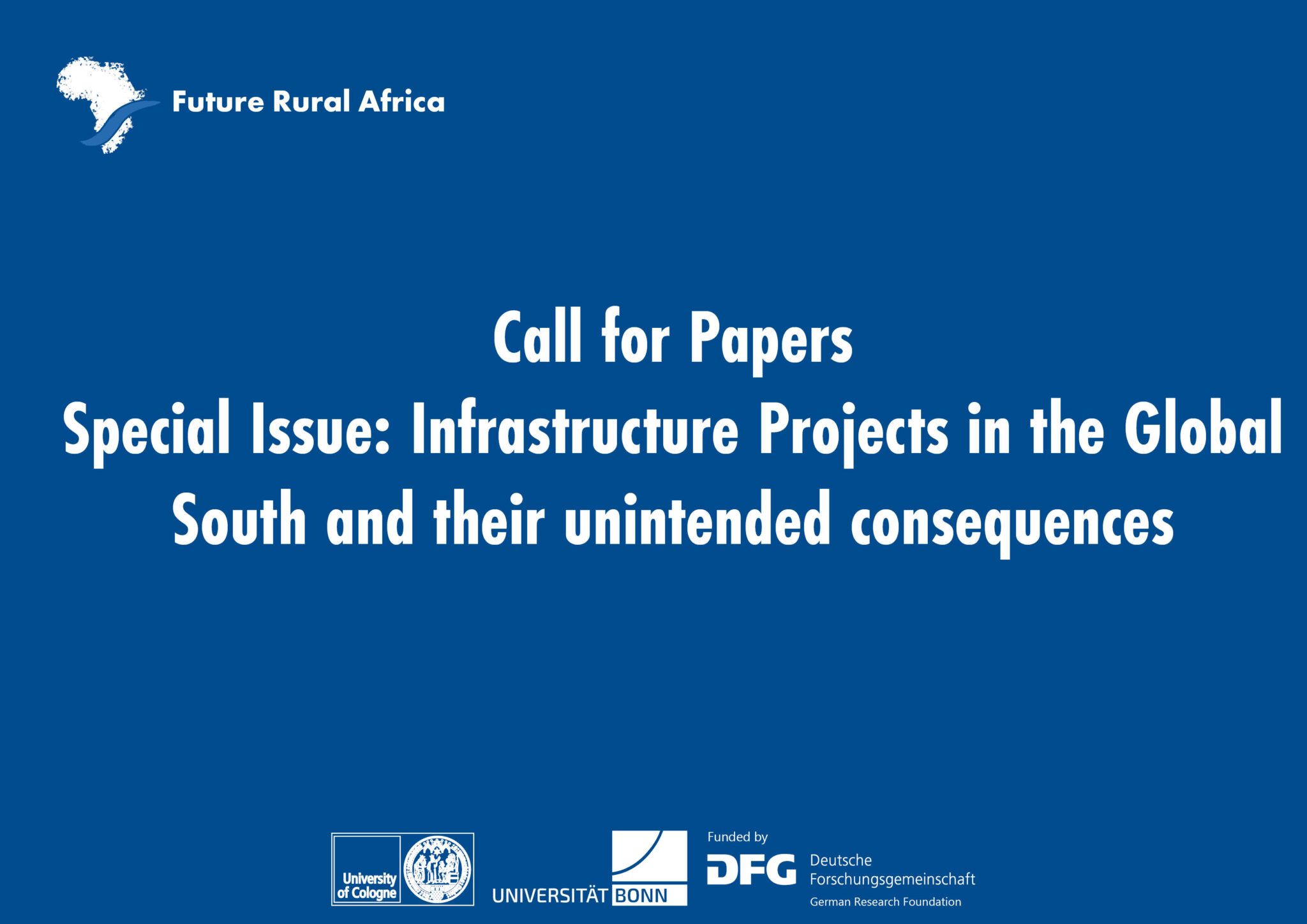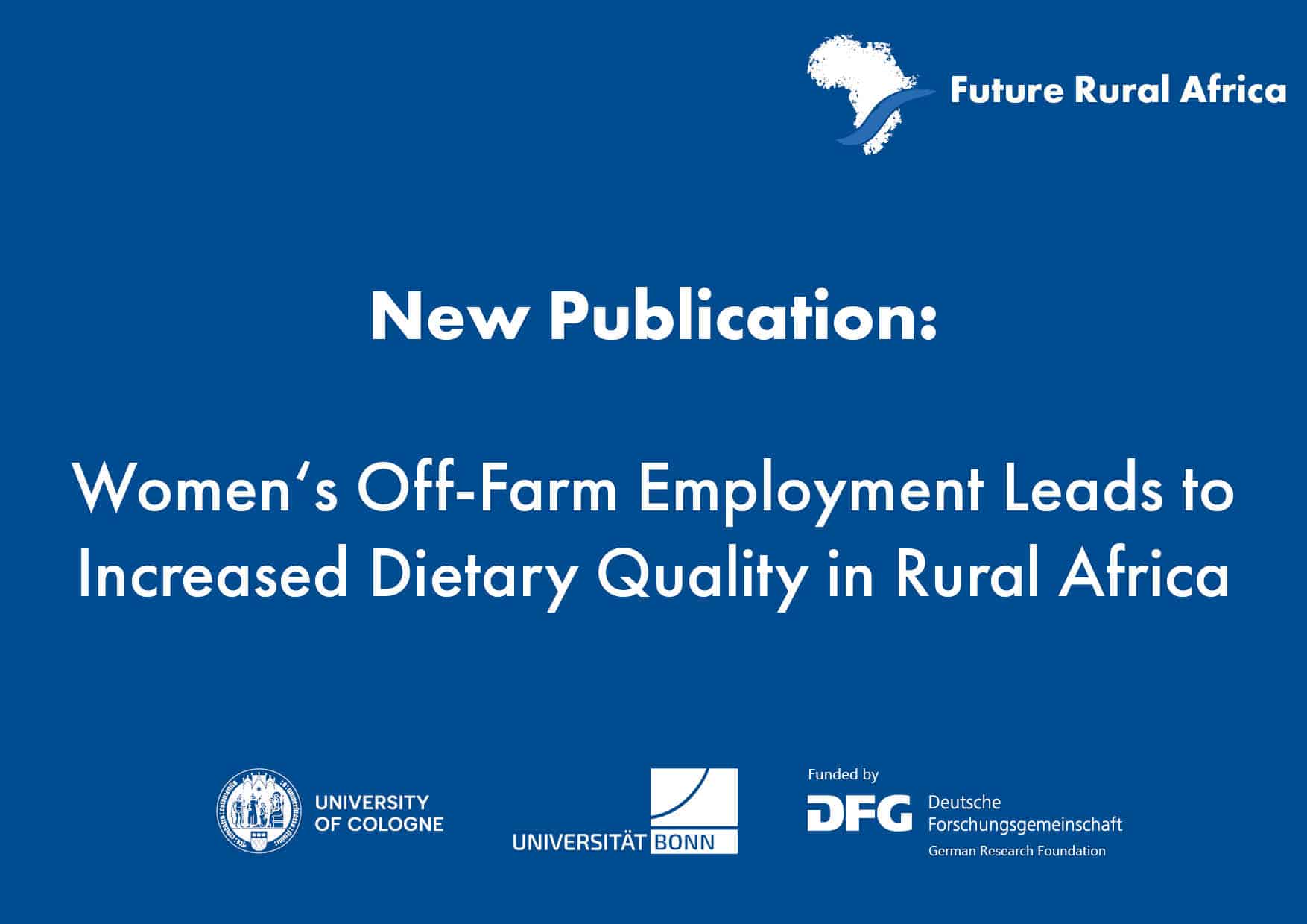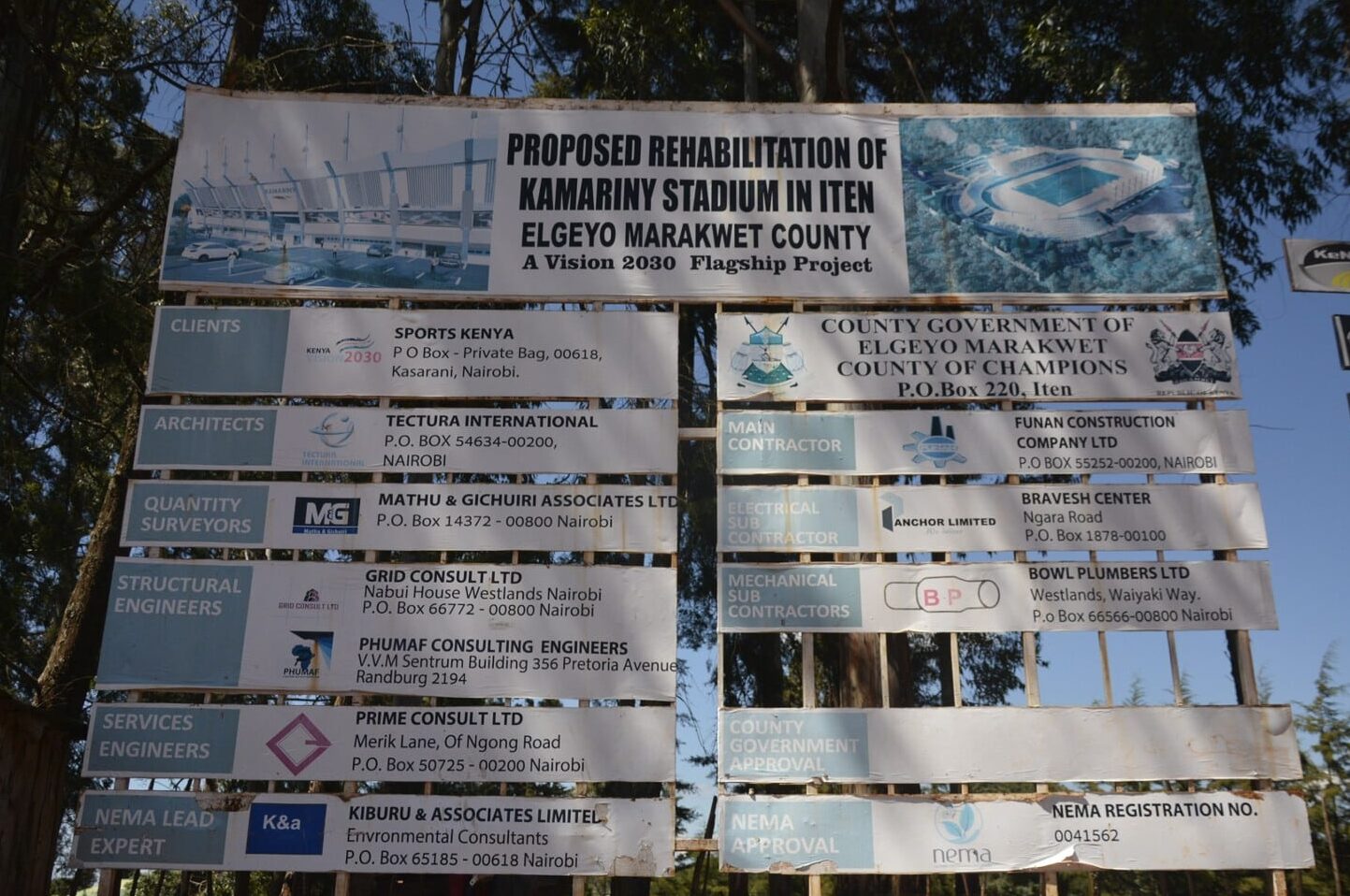In this special issue of Review of Regional Research , our aim is to examine the ramifications of unintended outcomes stemming from different modern and heterogenous infrastructure initiatives, a topic that has received little attention in both scholarly and policy domains. Put simply, unintended outcomes can be defined as “the consequence of an action that differs from the consequence that was aimed for when starting it” (Koch 2024). The primary objective of this special issue is to consolidate various scholarly contributions pertaining to the inadvertent consequences of different infrastructure initiatives. We extend a warm invitation for submissions of papers that include conceptual, empirical, and policy-oriented research, specifically emphasising a regional perspective within the Global South.
For many decades, national governments and multilateral organisations, like the International Monetary Fund (IMF), the World Bank, the African and the Asian Development Bank, have advocated for the promotion of infrastructure investments as a means of fostering economic growth in the Global South. Recent infrastructure projects undertaken in the Global South include a wide variety of initiatives, including the building of roads, railways, energy facilities, and water systems. Additionally, there are more intricate endeavours such as the creation of comprehensive plans, designs, and constructions for development corridors, transboundary conservation areas (such as the Kavango-Zambezi Transfrontier Conservation Area), as well as national health and energy systems (Dannenberg et al 2018). However, critical scholars have argued for many years that these development strategies that are centered on infrastructure often fall short in promoting regional development and instead result in the increase of regional disparities and unsustainability (Murphy 2008, Mold 2012, Lawhon et al 2023a). As these modern and large-scale infrastructures do often not deliver on their promises (Mold 2012) new so called heterogenous infrastructure configurations emerge in the Global South, which also require a new understanding of infrastructure. In this view infrastructures in the Global South are (and maybe should) not only be based on modernist approaches but also follow a “modest imaginary” in a way “that they are rooted in an acceptance of the realities of heterogeneity, uncertainty and the inability to truly know and control our world and others” (Lawhon et al. 2023b 147) and include more incremental practices and perspectives. Such infrastructures (e.g. evaporation-based cold storage for food or compost-based toilet) can be more mundane and independent from large-scale centralistic infrastructures and power regimes and in that way more suitable and achievable for the respective population. On the other side they maybe can only barely create the efficiency and effectivity of large modern infrastructures (e.g. concerning economics of scale), and their unintended consequences have barely been analyzed so far.
The following inquiries aim to demonstrate the breadth of possible contributions:
- How can the conceptual explanation and empirical measurement of unintended impacts be achieved?
- What kind of unforeseen consequences may be detected in different infrastructure projects?
- How do situated practices of infrastructure use look like? Do unintended impacts only have negative consequences?
- What different governance structures and power relations appear within infrastructure development programs, how do they differ and what are their unintended impacts?
- How are unintended impacts discussed among stakeholders (state, developers, utility companies, NGOs, local population)? Do these unintended impacts lead to conflicts? If yes, how are these conflicts resolved?
- How can the incorporation of unexpected repercussions be improved in the design and implementation of infrastructures?
- How may a better acknowledgement of unintended impacts potentially alter our understanding of infrastructures?
Guest Editors:
Javier Revilla Diez, CRC-TRR Project C01 Future in Chains, j.revilladiez@uni-koeln.de
Peter Dannenberg, University of Cologne, Institute of Geography, Germany, p.dannenberg@uni-koeln.de
Ndapewa Fenny Nakanyete, CRC-TRR Project C01 Future in Chains, nnakanyete@unam.na
Please take note of the following requirements if you wish to have your paper considered for the special issue:
All papers submitted will be subject to the normal mutually anonymous peer-review process undertaken by the journal.
Submitted papers must not be under review by any other journal.
For further information about the journal and author guidelines, visit
https://www.springer.com/journal/10037 (this opens in a new tab)
Submit your work by the 30th of June 2024 at
https://www.editorialmanager.com/jfre (this opens in a new tab)
Literature:
Dannenberg, P.; Revilla Diez, J.; Schiller, D. (2018): Spaces for integration or a divide? New-generation growth corridors and their integration in global value chains in the Global South. In: Zeitschrift für Wirtschaftsgeographie 62 (2), 135-151
Koch, D.-J. (2024). Foreign Aid and Its Unintended Consequences (1st ed.). Routledge. https://doi.org/10.4324/9781003356851 (this opens in a new tab)
Lawhon, M., Follmann, A., Braun, B., Cornea, N., Greiner, C., Guma, P., … Revilla Diez, J. & Dannenberg, P. (2023a). Making heterogeneous infrastructure futures in and beyond the global south. Futures, 103270.
Lawhon, M., Nsangi Nakyagaba, G., & Karpouzoglou, T. (2023b). Towards a modest imaginary? Sanitation in Kampala beyond the modern infrastructure ideal. Urban Studies, 60(1), 146-165.
Mold, A. (2012): Will it all end in tears? Infrastructure spending and African development in historical perspective. In: Journal of International Development, 24(2), 237–254.
Murphy, J.T. (2008): Economic geographies of the Global South: missed opportunities and promising intersections with development studies. In: Geography Compass, 2(3), 851–873.






